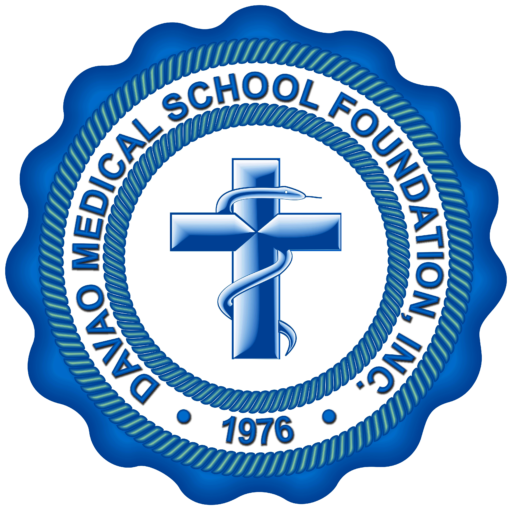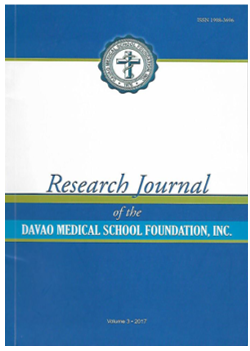Where Are They Now? A Tracer Study of the Medical Graduates of Davao Medical School Foundation, Inc. (1981 – 2000)
AUTHOR
Rodriguez-Ababon, F. N., MD, FPOGS, MHPEd
KEYWORDS:
Medicine, health professions education, medical training, career pathways, core competencies, tracer study
ABSTRACT
The National Higher Education Research Agenda 2 (NHERA 2) for 2009-2018 issued by the Commission on Higher Education (CHED) encourages higher education institutions (HEIs) to conduct graduate tracer studies to obtain a measure of relevance and responsiveness of course offereings. Thus, this study was conducted to describe the career patterns of the 1981 to 2000 graduates of the College of Medicine of the Davao Medical School Foundation, Inc. (DMSFI) primarily as a means to evaluate this curricular program for information that could be used to improve it. Out of the 1,193 alumni, only 592 could be reached for an invitation to participate in the survey. However, only 187 (males – 105; females – 82) among them were able to return the survey forms in time for inclusion in this study. Most of them were based in Mindanao, about 70 percent of them in the Davao City. The majority (64.7%) were employed in clinical practice, research, or academe. Findings reveal that as a group, the career path of the alumni after earning their MD degree did not significantly diverged from their prior intent to go into clinical practice. Furthermore, most of hem expressed the intention to continue on their current career pathway fpr the next five years. Of the 187 respondents, there were 29 who had completed their studies under the Nellie Kellog Van Schaik (NKVS) Scholarship Program. Msot (69%) NKVS scholars report their compliance of their return service obligation to the DMSFI. Morever, results show that 41.4 percent of the former NKVS scholars went into clinical practice to serve the economically challenged and marginalized sectors in Mindanao, especially in the Davao region. This study also found that the respondents considered most useful and relevant the following core competencies: knowledge of the basic sciences, knowledge of the organ systems, ability to apply clinical skills in the care of the patient, and the promotion of health care and commitment to professionalization.


